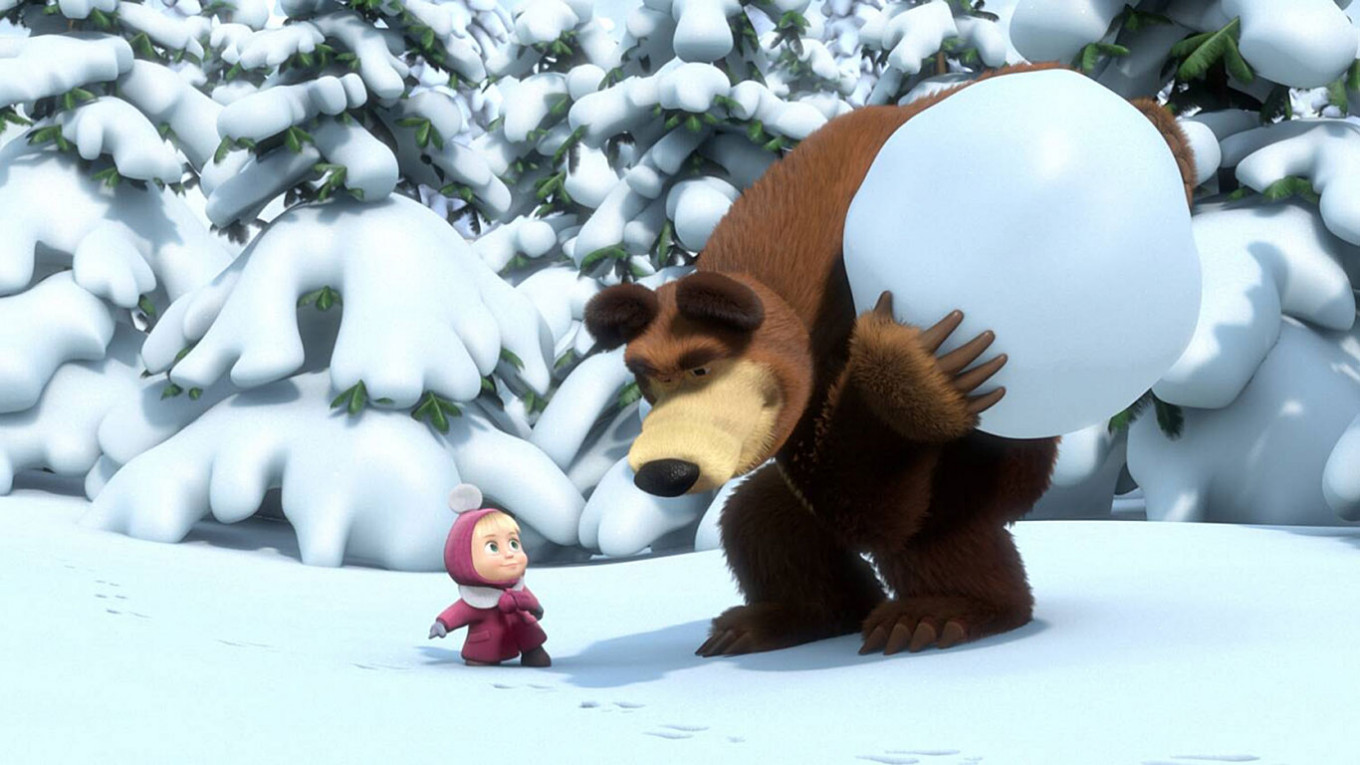The history of Russian animation dates back to 1906, when the choreographer of the Mariinsky Theater in St. Petersburg, Alexander Shiryaev, created the first puppet cartoon.
In 1935, Russia’s prolific animation studio Soyuzmultfilm was founded as a Soviet response to Disney. Its inception was allegedly initiated by Joseph Stalin and has since produced over 1,500 cartoons.
Among some of Soyuzmultfilm’s masterpieces are such classics as the 1971 “Cheburashka,” a story about a furry creature with large ears who arrived in the Soviet Union inside a box of oranges; “Hedgehog in the Fog,” (1975) a stop-motion, poetic masterpiece that is often considered the best animated film of all time; and “Well, Just You Wait!,” Russia's very own “Tom and Jerry,'' released in 1969.
Soviet animation was financed by the state, and when the system collapsed after the dissolution of the Soviet Union and screens were full of imported cartoons, Russian animation struggled to survive. But now Russian animators are producing a new generation of award-winning films for children and adults. Here are some of the best recent animation films made in Russia today, from big-budget, full-length commercial films to independent animated shorts.
“Masha and the Bear” (2009-)
"Masha and the Bear" is hands down the most popular animated series in Russia today. It tells a story of an unlikely friendship between a quiet, good natured bear who is also a retired circus performer, and a rowdy little girl named Masha. The plots are inspired by a Russian folktale that is also titled “Masha and the Bear,” and in every episode the characters embark on amusing adventures. The series has gained such a strong global following that it has even been described as Russia’s soft power. Available on Netflix here.
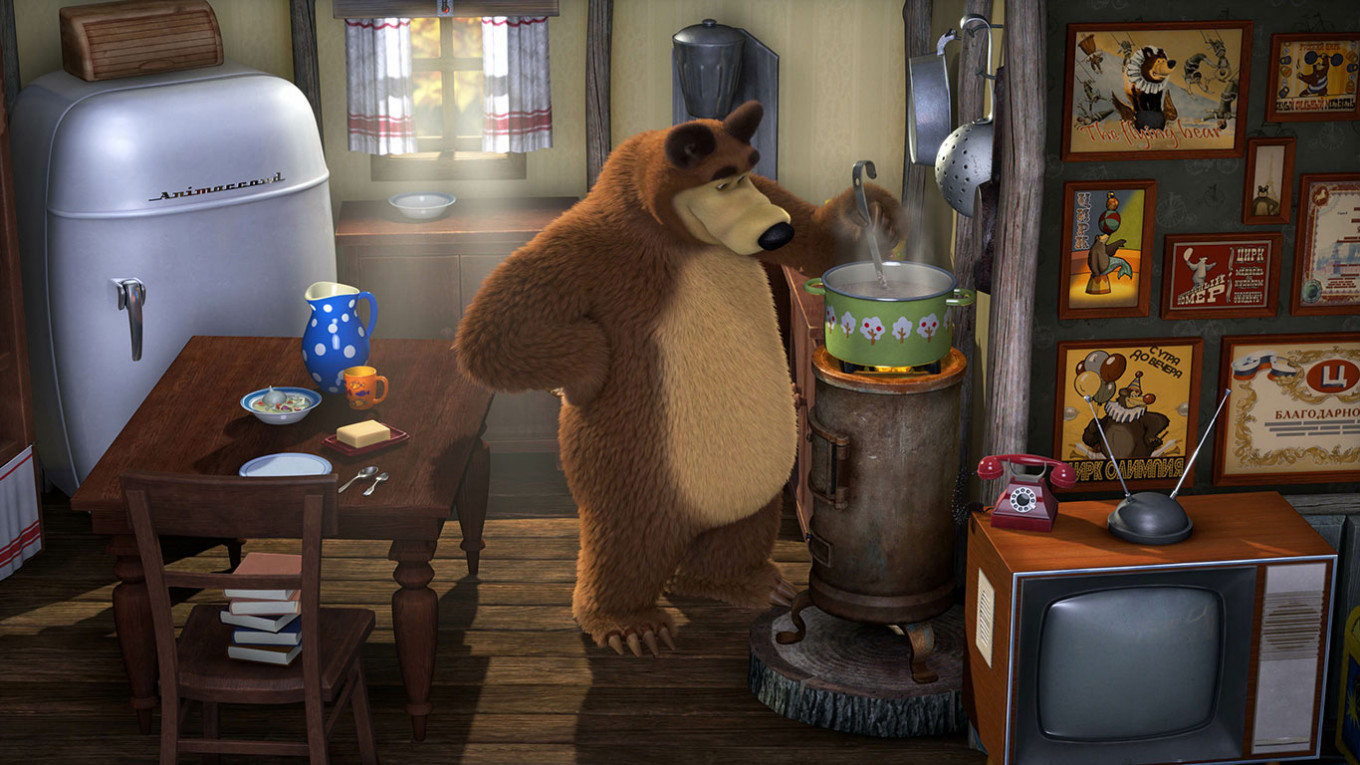
“Smeshariki” (2004-)
Another commercially successful Russian animated series is “Smeshariki.” The series depicts nine intelligent, round-shaped characters, who resemble various animals and live in their own peaceful valley, solving daily problems harmoniously. The Smeshariki represent different generations and use a set of signature expressions. Unlike most cartoons, the show has no traditionally negative characters, emphasizing the importance of friendship and kindness. Available on YouTube here.
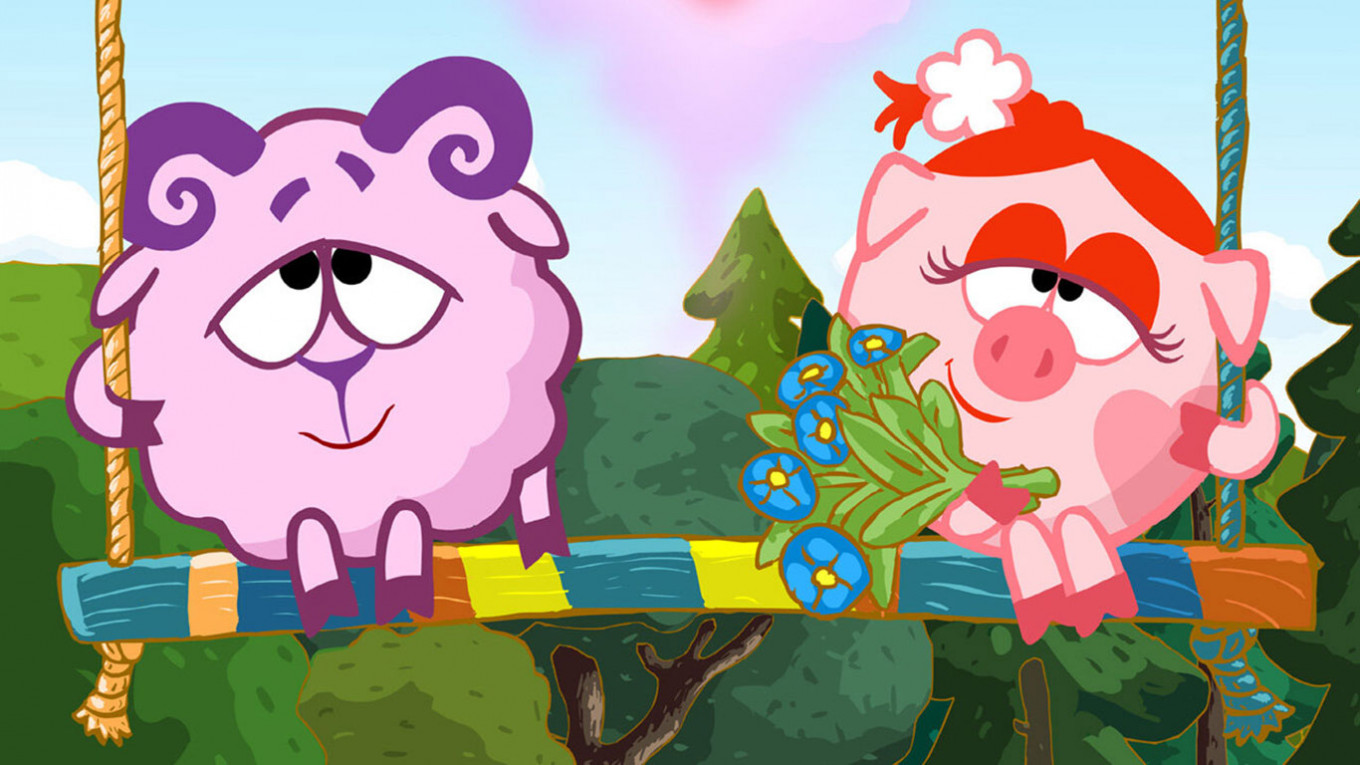
“Krepost” (2015)
“Krepost” directed by Fedor Dmitriev is a modern day rendition of historic events of 17th century Russia. When the Polish-Lithuanian army besieges the Russian city of Smolensk, the town’s garrison takes to its defense. The cartoon’s fictional hero Sashka, a small yet brave boy, is determined to protect the city from the invaders, even by using bread dough explosives and magic. A tale of bravery with a charming, relatable character, “Krepost” was released on Russia’s National Unity Day and described as “military-patriotic” for its heroic portrayal of the Smolensk Defense. Available on YouTube here.
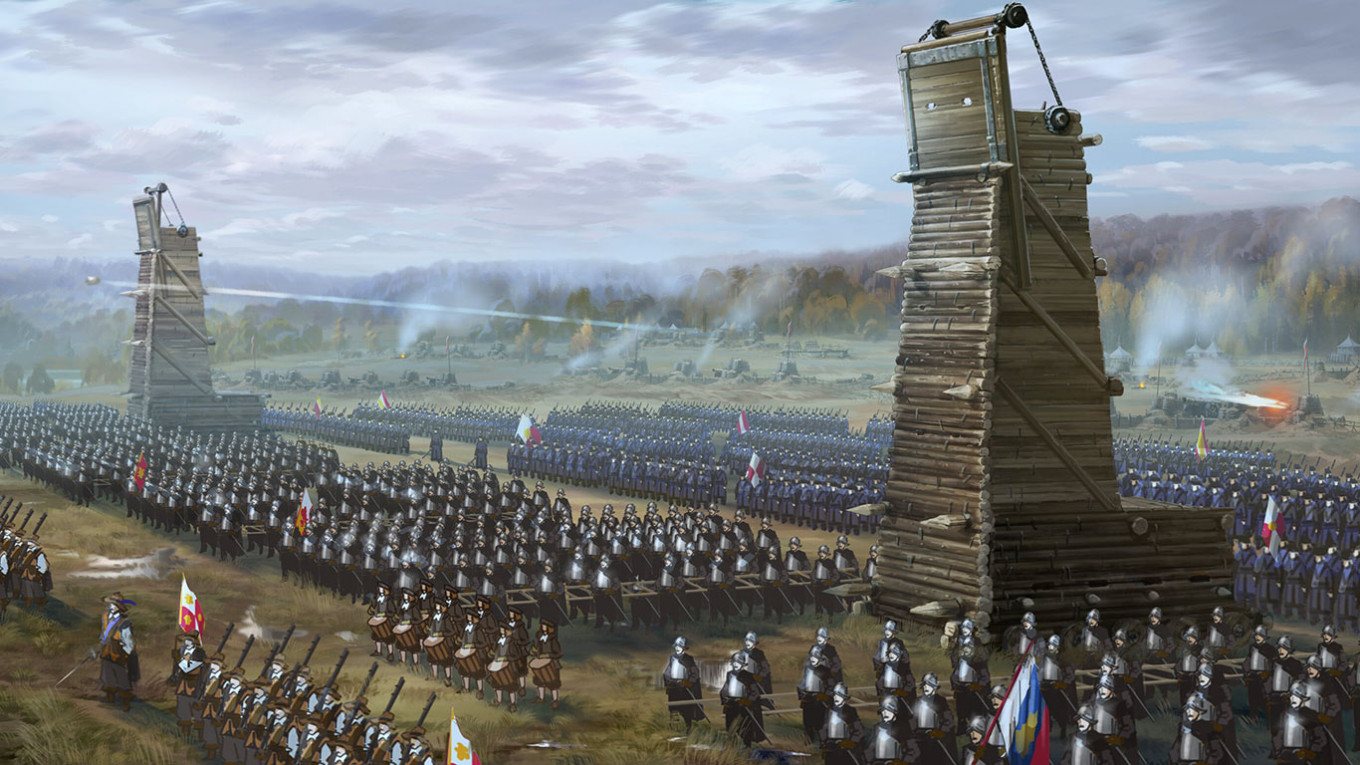
“The Nose or the Conspiracy of Mavericks” (2020)
“The Nose or the Conspiracy of Mavericks” is a stop-motion animated art film directed by celebrated Russian animator Andrey Khrzhanovsky. The film is based on “The Nose,” Nikolai Gogol’s literary masterpiece, and the 1930 opera of “The Nose” by Russian composer Dmitri Shostakovich. The animation pays tribute to “the pioneers, the groundbreakers in art,” who aren’t afraid to go against the grain. The film’s characters are authors Nikolai Gogol and Mikhail Bulgakov, director Vsevolod Meyerhold and composer Dmitri Shostakovich. Khrzhanovsky’s film screened at the International Film Festival Rotterdam 2020, where it was described as “a groundbreaking requiem for the Russian avant-garde.” Available on Google Play here.
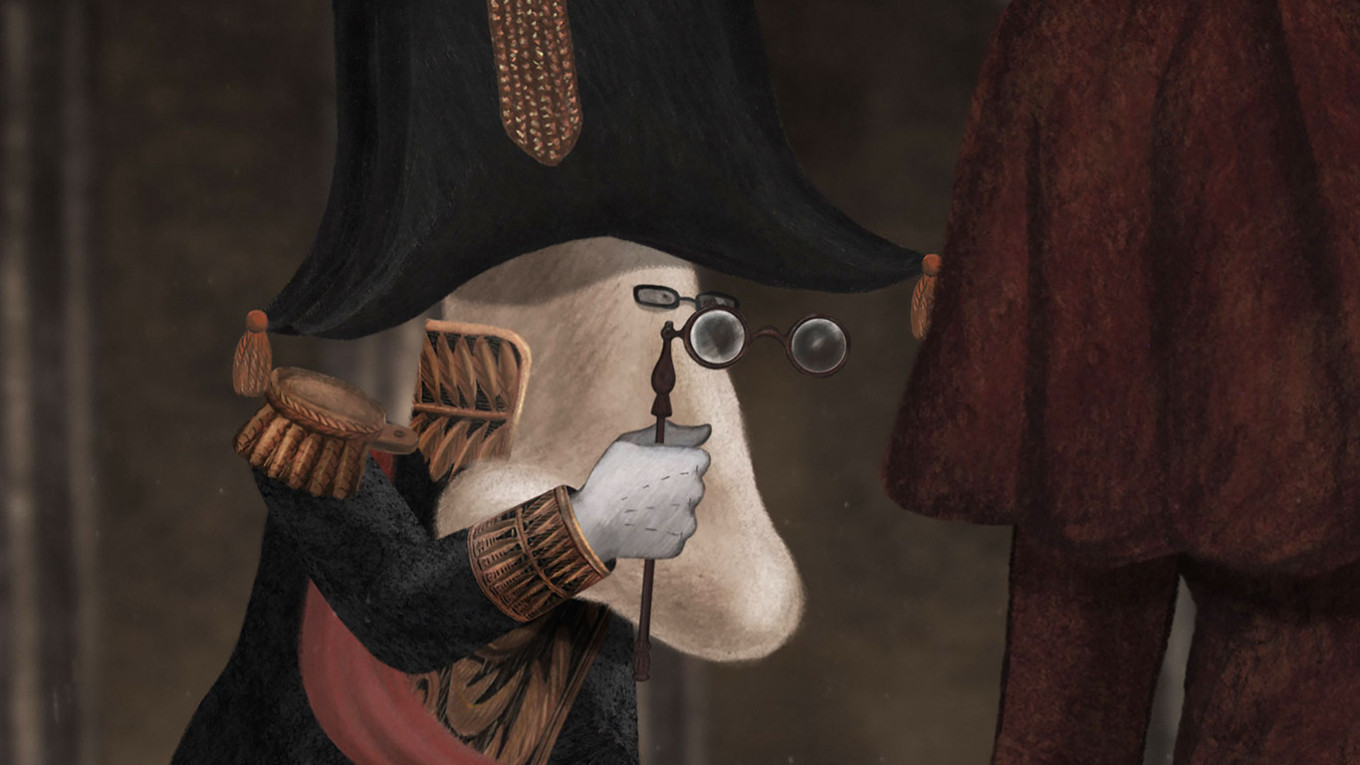
“Rezo” (2018)
“Rezo” is an animated memoir that tells the story of legendary Georgian director, puppeteer and founder of Marionette Theater in Tbilisi, Georgia Rezo Gabriadze. This eccentric, personal feature is directed by Gabriadze’s son Levan Gabriadze. The film combines documentary and animation to offer an imaginative recollection of the Georgian director’s childhood, including his memories of the Second World War and the Soviet regime. The documentary is narrated and drawn by Rezo Gabriadze himself, infusing the film with humor and sweetness. Available on Netflix here.
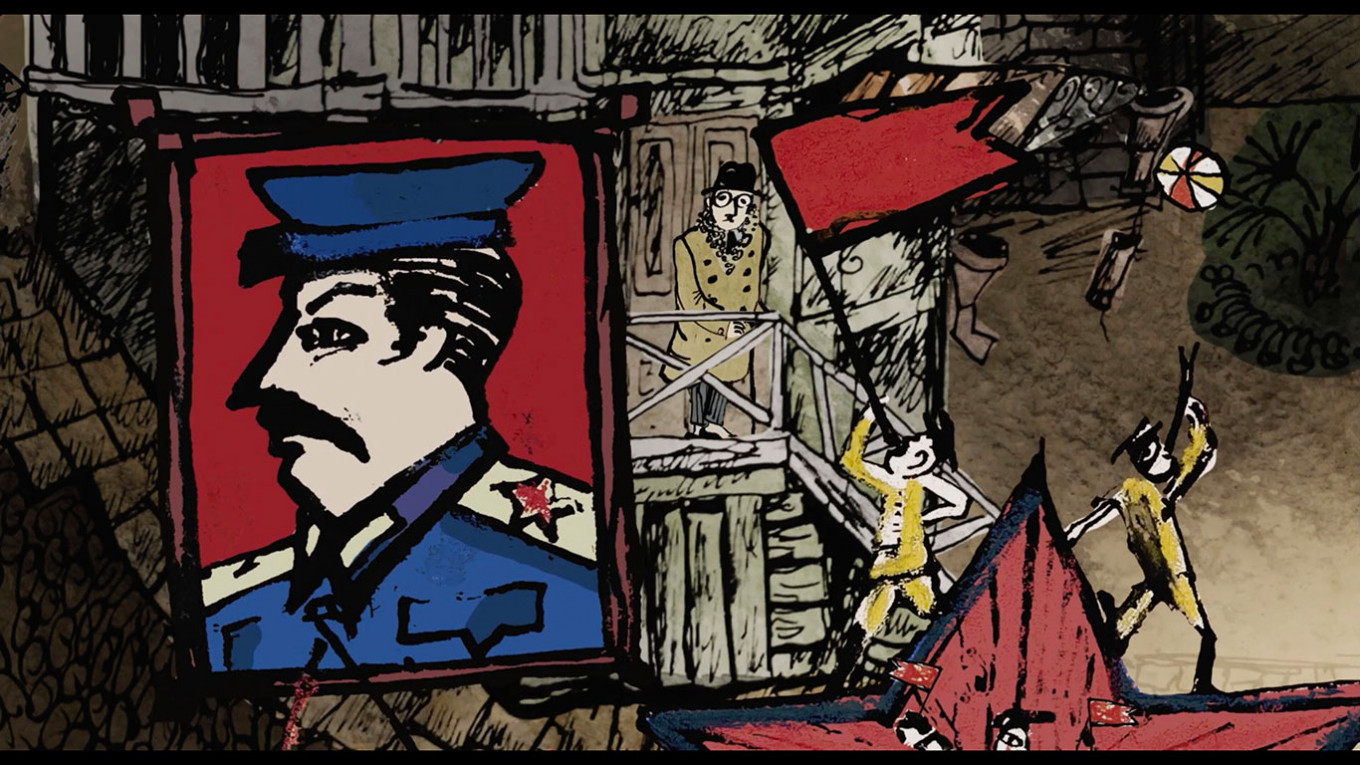
“Vadim on a Walk” (2021)
“Vadim on a Walk” by Sasha Svirsky, one of Russia’s most renowned avant-garde and experimental animators, premiered at the 2021 Berlin International Film Festival. This quirky short follows office clerk Vadim, who finally works up the courage to leave his little room and joyless routine and face the world. Vadim’s story evokes quarantine-induced claustrophobia and fear of confronting the unknown. A poetic and philosophical exploration of a person’s inner world and transformation, the short stands out with its fast-paced editing and offbeat animation. Watch the trailer here.
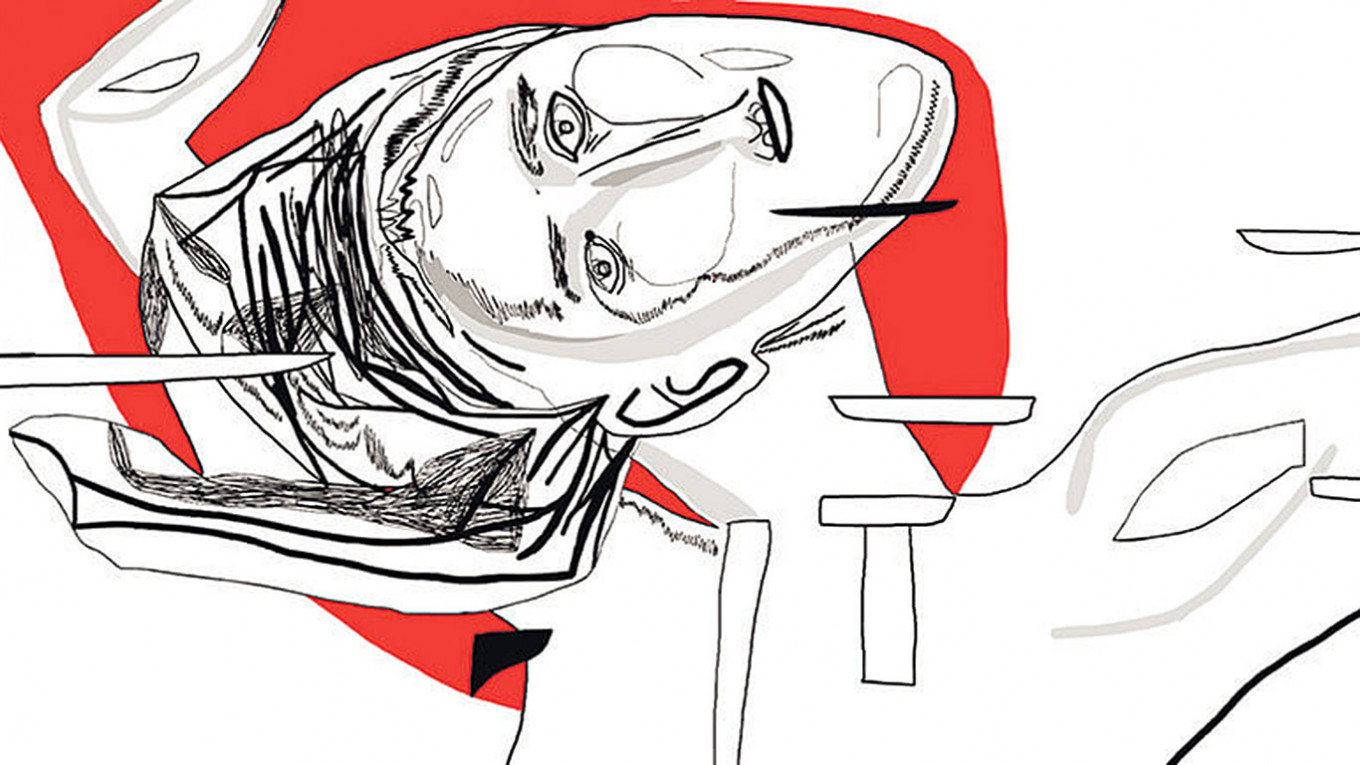
“Why Banana Snarls” (2014)
Directed by Svetlana Razgulyaeva, “Why Banana Snarls” chronicles the journey of a shy, ordinary man who works a low-paid job where he has to wear a full-body banana costume. One day, the man wakes up and discovers that he grew a tail. He tries to get rid of it, but he can’t. His unwanted deformity makes him a target of both social ridicule and law enforcement measures. Razgulyaeva makes a visually mesmerizing, sharp-tongued commentary on intolerance and exclusion in society. Similar to “Vadim on a Walk'' and “The Nose or the Conspiracy of Mavericks,” the film is produced by Russian animation studio SHAR. It was screened at the Berlin International Film Festival in 2015. Available on Youtube here.
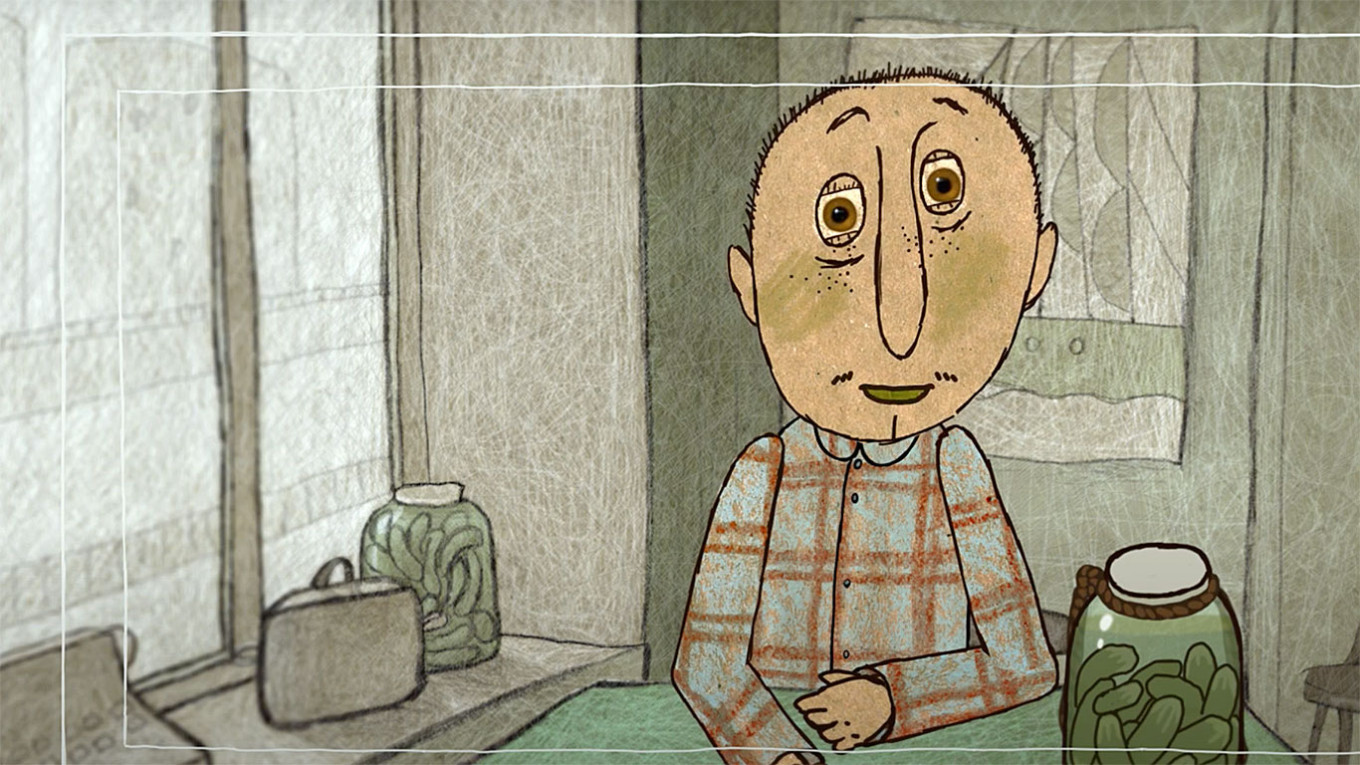
A Message from The Moscow Times:
Dear readers,
We are facing unprecedented challenges. Russia's Prosecutor General's Office has designated The Moscow Times as an "undesirable" organization, criminalizing our work and putting our staff at risk of prosecution. This follows our earlier unjust labeling as a "foreign agent."
These actions are direct attempts to silence independent journalism in Russia. The authorities claim our work "discredits the decisions of the Russian leadership." We see things differently: we strive to provide accurate, unbiased reporting on Russia.
We, the journalists of The Moscow Times, refuse to be silenced. But to continue our work, we need your help.
Your support, no matter how small, makes a world of difference. If you can, please support us monthly starting from just $2. It's quick to set up, and every contribution makes a significant impact.
By supporting The Moscow Times, you're defending open, independent journalism in the face of repression. Thank you for standing with us.
Remind me later.


